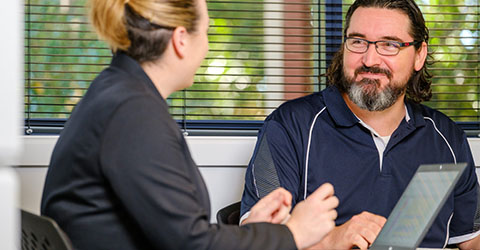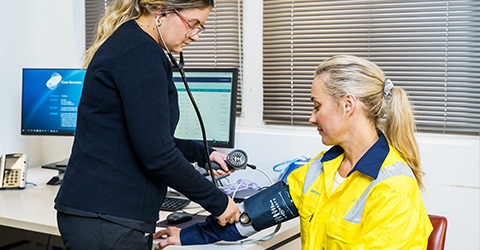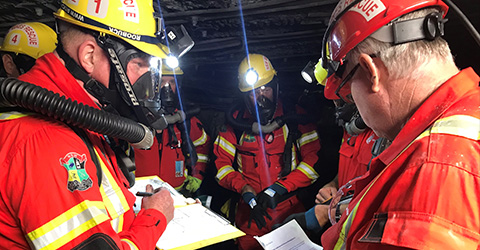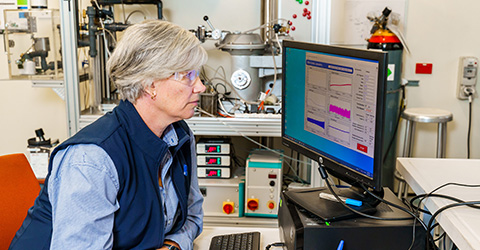Investigating weight loss approaches through a systematic lens: engaging employees with obesity through a coordinated treatment pathway
Expected results:
This project has expected outcomes at both an organisational and individual level. By evaluating the standard care model as well as alternative treatment pathways, optimisation of treatment allocation can be achieved. This will lead to greater health outcomes for the individual with subsequent individual health and workplace benefits.
- Expected individual outcomes include reduced weight; improved physical and mental wellbeing; and increased knowledge and skills in health and wellbeing. By facilitating weight loss, this research also has potential to reduce CVD risk factors which have recently become a focus of Order 43 medical assessments. Hence, this research goes beyond a simple obesity intervention and aims to improve health outcomes widely. Improved wellbeing and investment in employee wellness can have expected returns for the organisation. By evaluating and refining how employees have access to health care, remedies to obstacles
Ref Number 20662
Dr Lesley Wicks The University of Newcastle
Start date
Estimated end date
An evidence-based approach to improving major shutdown workers’ hazard recognition skill: development and evaluation of a novel video-based interactive training package
Expected results:
By the end of the project, we aim to have achieved the following:
- Developed and refined a novel video-based interactive hazard recognition training program for major shutdown workers, which can potentially be delivered online.
- Evaluated the effectiveness of the program, as well as usability and other aspects of user experience.
Based on the success of our prior work developing and evaluating comparable training programs for drivers’ hazard perception skill using similar evidence-based methods, our expectation is that the novel training program will be found to be effective. Assuming that this is the case, then the videos that comprise the training package could be made available to all coal mining companies and shutdown service providers in Australia to incorporate into their corporate training regimes with no licensing or royalty fees.
Ref Number 20660
Dr Andrew Hall Principal Research Fellow (Human Factors) University of Queensland
Start date
Estimated end date
PiezoSense: safe and battery-free monitoring of whole-body vibration using energy harvesting and wireless systems
Expected results:
- Establishment/Know-how. By the end of this project the aim is to fully establish this technology in accordance with the Technology Readiness Levels (TRLs) laid by the Australian Government: Science & Technology. As a result, a validated pre-commercial prototype design is anticipated with alerts to signal breaches of VDVs.
- Milestone Assessments/Communications. In addition to updates to Coal Services, development milestones will be verified by the relevant communities through journal articles and conference proceedings, e.g. the Mining Industry Health & Safety Conferences.
- Tangible Outcomes. The delivery of 5 functional units equipped with inertial sensors for the effective delivery of descriptive vibration measurements is anticipated. The information will be as specified by the relevant standards, i.e. in accordance with the Wk and Wd weightings (ISO2631.1) and the vibration dose value (AS 2670.1). Moreover, the system will be designed to adhere to intrinsically safe standards as specified by AS/NZS 60079.
Ref Number 20658
Dr Cormac Fay University of Wollongong
Start date
Estimated end date
Resilience and mental health in mining (Following on from Project 20655)
Expected results:
Following on from Project 20655;
Additional data from opencut and a wider sample of mines will improve the validity of our current project findings and may extend these findings to encompass additional factors contributing to or undermining resilience. Together with the existing data, this new data will enable us to:
- To understand the link between workplace factors, resilience and mental health in Coal Mining across a representative range of mine site and types.
- To understand the practices that support resilience at work in opencut and underground mining, and those that may undermine resilience and mental health.
- To provide guidance regarding the practices and strategies that support resilience and mental health in Coal Mining organisations.
Ref Number 20655 (2)
Professor Rebecca Mitchell Macquarie University
Start date
Estimated end date
Share this page






